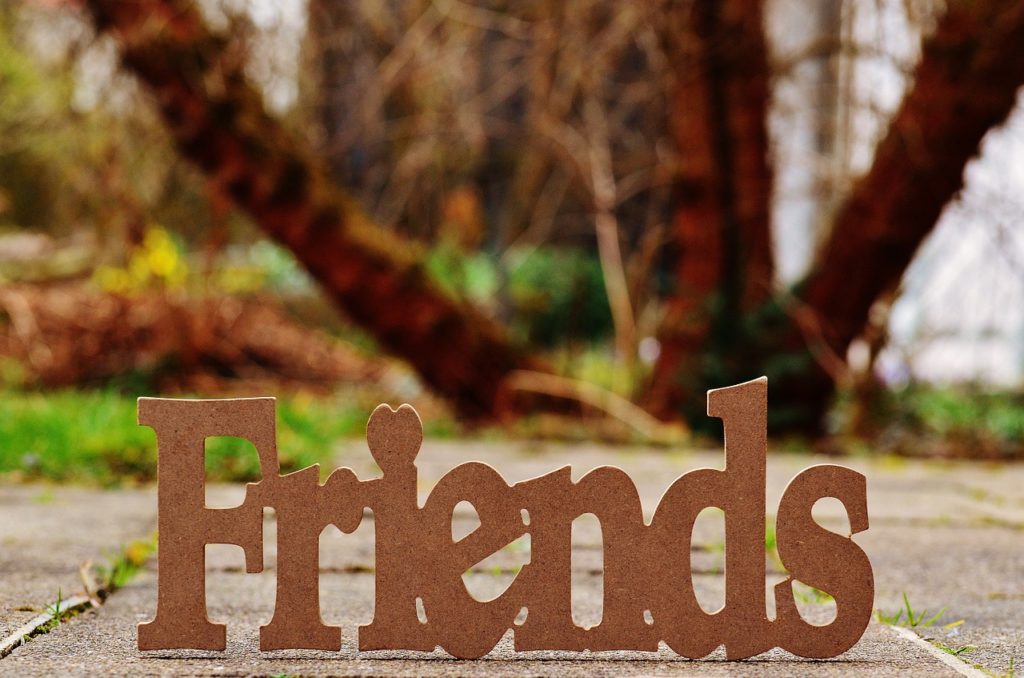- Calls to this hotline are currently being directed to Within Health or Eating Disorder Solutions
- Representatives are standing by 24/7 to help answer your questions
- All calls are confidential and HIPAA compliant
- There is no obligation or cost to call
- Eating Disorder Hope does not receive any commissions or fees dependent upon which provider you select
- Additional treatment providers are located on our directory or samhsa.gov
My Friend Expressed Self-Harm Urges: How Should I Handle This?

Self-harm is an all too prevalent issue that commonly accompanies eating disorders, as both often occur due to a lack of proper coping skills.
One study showed that self-harm occurs in 54 to 61 percent of patients with a clinically diagnosed eating disorder [1]. An additional study noted that self-harming in relation to an eating disorder is often an “attempt to convert psychological discomfort into somatic pain [2].”
Self-harm is not synonymous with attempting suicide; however, it can increase suicidal feelings. As such, it is important to take self-harming behaviors seriously and provide the most loving support possible when someone expresses self-harming urges to you.
How to Support Your Loved One
First, learn the warning signs of self-injurious behaviors, such as wearing long sleeves or pants in warm weather. Often having fresh cuts, scratches, or bruises may also be cause for concern. These signs are especially important to look out for if your loved one has a history of self-injury or expresses feeling overwhelmed or unable to control and express their emotions.
If a friend expresses self-harm urges to you, begin by simply listening. No doubt you will have a lot of thoughts and feelings, but the best thing you can do at that moment is create a safe space for them to express themselves.
Self-harm behaviors are often a result of insufficient coping mechanisms and an inability to verbally express negative emotions. As such, expressing these urges out loud is a difficult and impressive step.
Once you have listened and allowed your loved one to process, begin responding by letting them know you’re aware of how hard it was for them to come to you, that you are proud of them, and that you’re there any time they need to talk.
How you listen is just as important as listening itself. Be sure to listen to your friend openly and without judgment, and avoid becoming frustrated or irritable. You have been trusted with this information, make sure you honor that trust by responding in a way that makes your friend feel safe and heard.
Seeking Professional Help for Self-Harm
As your loved one processes their experience, you should gently guide them toward seeking professional support.
This can be difficult, as many people are afraid of being vulnerable to a therapist or fear they cannot afford assistance. Remind your friend that you do not have all of the answers and that they don’t have to either. Together, you can explore feasible options for professional support.

If a friend or family member is brave enough to come to you about their self-harm urges, resist the urge to attempt solving the problem right away.
Instead, work through the problem with them, allowing them to process and assisting them in finding the solution that works for them.

References:
[1] Svirko, E., Hawton, K. Self-injurious behavior and eating disorders: the extent and nature of the association. Suicide & Life – Threatening Behavior, 37:4, 409-421.[2] Koutek, J., Kocourkova, J., Dudova, I. Suicidal behavior and self-harm in girls with eating disorders. Neuropsychiatric Disease and Treatment, 12, 787-793.
The opinions and views of our guest contributors are shared to provide a broad perspective of eating disorders. These are not necessarily the views of Eating Disorder Hope, but an effort to offer discussion of various issues by different concerned individuals.
We at Eating Disorder Hope understand that eating disorders result from a combination of environmental and genetic factors. If you or a loved one are suffering from an eating disorder, please know that there is hope for you, and seek immediate professional help.
Reviewed By: Jacquelyn Ekern, MS, LPC on April 13, 2017.
Published on EatingDisorderHope.com
